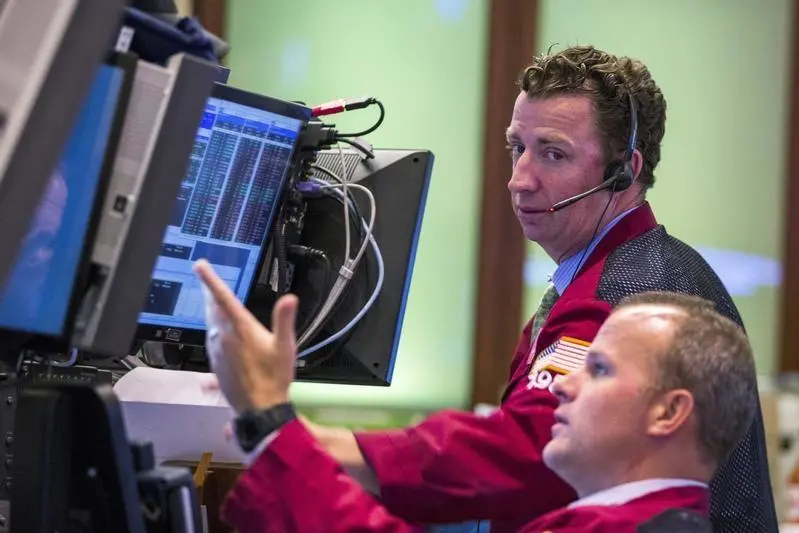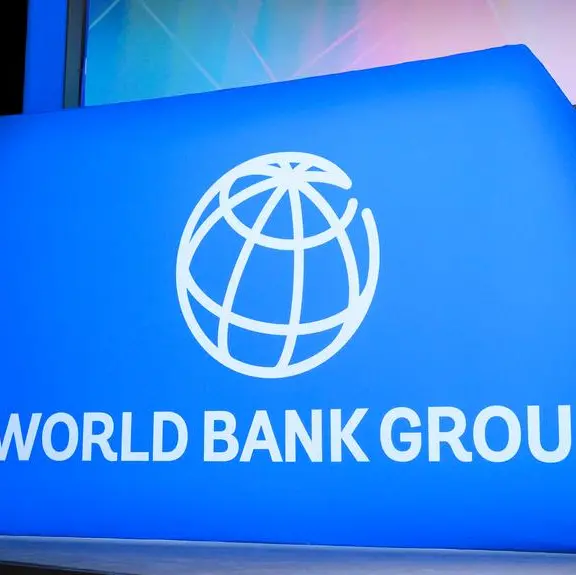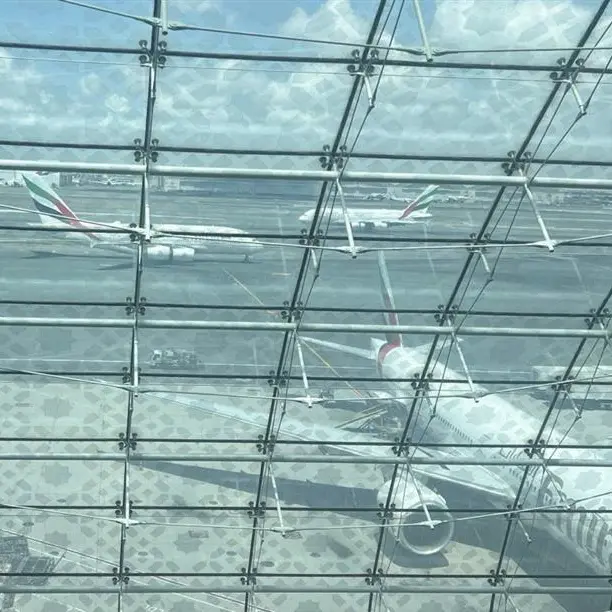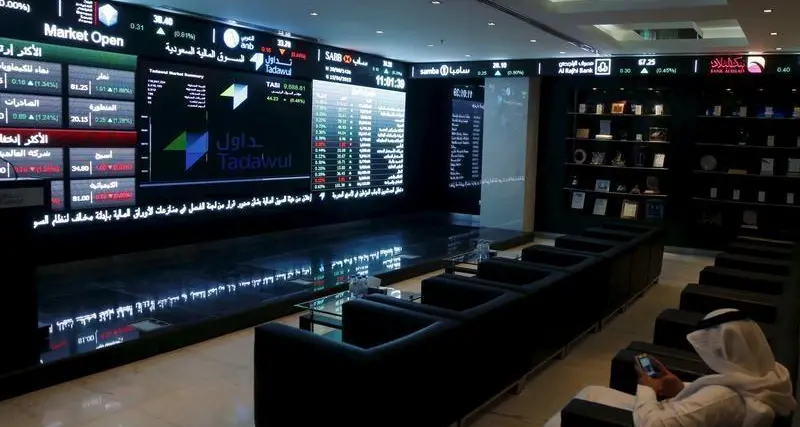PHOTO
Saturday, Aug 29, 2015
Dubai: How do investors strategise after a pull back in regional and global equities? The calm after a perfect storm in global and regional financial markets should be made used to cherry pick high dividend yielding names locally, analysts have urged.
“Uncertainty is investors’ worst enemy. Several concerns weigh on regional investors’ minds: China consistently showing signs of weaknesses in their manufacturing and export sectors, Greece continuing to weigh down on any possible economic progress in Europe, and a resilient oil supply glut combined with weak demand adding pressure to already out of favour commodity prices,” Nadi Bargouti, managing director at Emirates Investment Bank told Gulf News.
The Dubai Financial Market General Index has shed at least a fifth of its value since its highest point in 2015, but showed signs of stability since last week.
“They should now start looking for very high dividend yielding blue chips like etisalat and Dubai Islamic Bank. Levels are not that bad, but it’s only to what extent money is flowing into the markets,” said Mohammad Shabbir, head of equity funds & portfolios at Rasmala Investment Bank.
But still there is more pain left in markets. Oil, which is the main source of revenues for Gulf countries, witnessed another bout of volatility in recent weeks, with the WTI crude falling below the keenly-watched $40 per barrel mark and Brent also falling below the $45 a barrel mark, despite rising on Thursday. The correction has mainly been on the back of rising supply glut with expectations of further supplies from Iran, which is expected to produce 1 million barrels per day of output, to meet sagging global demand. Citigroup reckons, Brent may fall to $32 a barrel soon.
Saudi Arabia, which derives more than 90 per cent of its revenues from oil, has been on the offensive to cut its capital spending plans even as it approved a sops amounting to 4 per cent of GDP. Saudi’s Tadawul index, which is already in bear market, has fallen more than 20 per cent from its recent highs.
“There is still a lot of value in Saudi too, but again I don’t think selling has stopped yet. It’s not very attractive at the moment,” said Shabbir, adding “If you look at longer term, Dubai should perform better but in the short term it will perform as bad as any one else,”
Selective
Nadi Bargouti, managing director at Emirates Investment Bank also advises investors to be selective. “We currently focus on companies that are either exposed to or operate in the transportation and logistics sectors, as they generally benefit from lower energy prices through a lower cost base,” Bargouti said.
“Airport expansions, increased travel, in addition to higher internet penetration rates and more online shopping bode well for transportation and logistics companies. Other defensive sectors such as telcos, retail, and food & beverage that were indiscriminately sold off alongside the rest of the markets are also attractive,” he added.
Many of these companies continue to have attractive growth profiles through the capacity expansions that they are undertaking and due to their strong balance sheets that can allow for such expansions, notwithstanding the challenging overall economic environment, Bargouti said.
However Bargouti expects volatility to persist, which was evident in the recent spike in the US volatility Index, also referred to as the fear gauge. “The recent downtrend and consequent sell-off have caused some regional markets to trade at low single digit multiples and offer quite attractive dividend yields. This will offer investors to selectively take advantage of this market sell-off while keeping in mind that volatility is expected to continue to dominate and deployment should be applied in a phased manner,” Bargouti said.
Stepping back
“There has been a slowdown in investor appetite since the MSCI upgrade and markets touching the 5,000 mark. There are concerns about the stability of oil and commodity prices, and their impact on their local markets. Stabilisation of oil and commodity prices could be the trigger for people to come back to the market,” Nisarg Trivedi, director at Baring Asset Management told Gulf News.
But now the rate hike in the United States is keeping them away. Federal Reserve official William Dudley said on Wednesday that an interest rate hike next month seems less appropriate given the threat posed to the US economy by recent market turmoil.
“A lot people have started stepping back ahead of a US rate hike. We think we are not going to see an interest rate rise and that could potentially be the trigger for a market rally,” Trivedi said.
“Central banks all across the world wouldn’t want to waste the last seven years. Central bankers along with politicians across the world have been trying hard to make sure that we are not in a deflationary scenario, and one small incident by someone should not deteriorate the hard work that governments all across the world have put in,” said Trivedi, adding “It is going to be a choppy ride going ahead.”
By Siddesh Suresh ?Mayenkar Staff Reporter
Gulf News 2015. All rights reserved.












